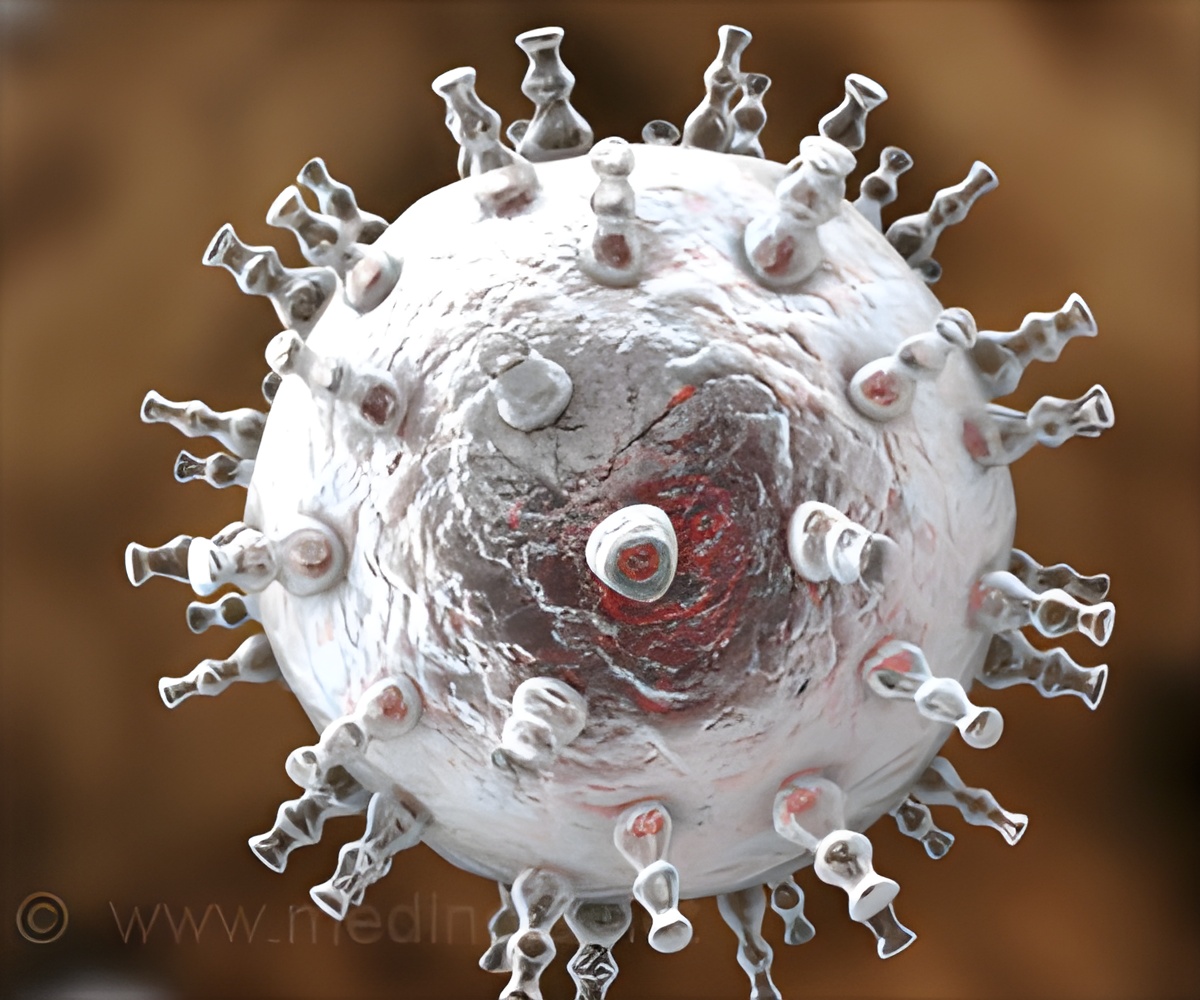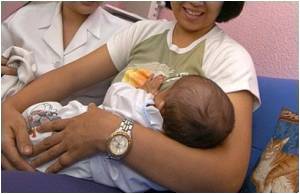Reactivation Of a Cytomegalovirus After Stem Cell Transplantation Can Be Prevented Using This Technique.

TOP INSIGHT
As a principle, reactivation of CMV could be prevented by passively administering immune serum containing antibodies matched to the infecting viral strain. In the study, the serum replaced dwindling antiviral antibodies, which were not being replaced by the donor B cells, and so thus kept viral reactivation at bay.
Cytomegalovirus (CMV) is a nearly ubiquitous herpes-type virus present in some estimated 60-90% of healthy adults. Like other herpesviruses, CMV can become dormant and remain in the body without effect until reactivating at a later time. For most of those who test positive for the virus, CMV is nothing to worry about - infections are mild and are kept in check by the immune system. However, for heavily immunosuppressed individuals, like patients recovering from bone marrow or hematopoietic stem cell transplantations (BMT), CMV infection and reactivation can be deadly.
Despite its association with significantly reduced survival following transplantations, the development of effective vaccines and antiviral therapies for CMV has been largely unsuccessful. Limited by toxicity and emergent drug-resistant strains, current therapies have been aimed toward mitigating, rather than preventing CMV disease.
Furthermore, preclinical animal models capable of reproducing CMV reactivation after a period of latency have been insufficient thus far. To address this need, Jose Martins and colleagues developed a preclinical mouse model that represented reactivation following BMT and discovered the crucial role humoral immunity plays in keeping CMV dormant.
According to Martins et al., reactivation of CMV could be prevented by passively administering immune serum containing antibodies matched to the infecting viral strain. The serum replaced dwindling antiviral antibodies, which were not being replaced by the donor B cells, and it does thus keep viral reactivation at bay. In a related Perspective, Maria-Luisa Alegre discusses the implications of this study in greater detail.
 MEDINDIA
MEDINDIA




 Email
Email










